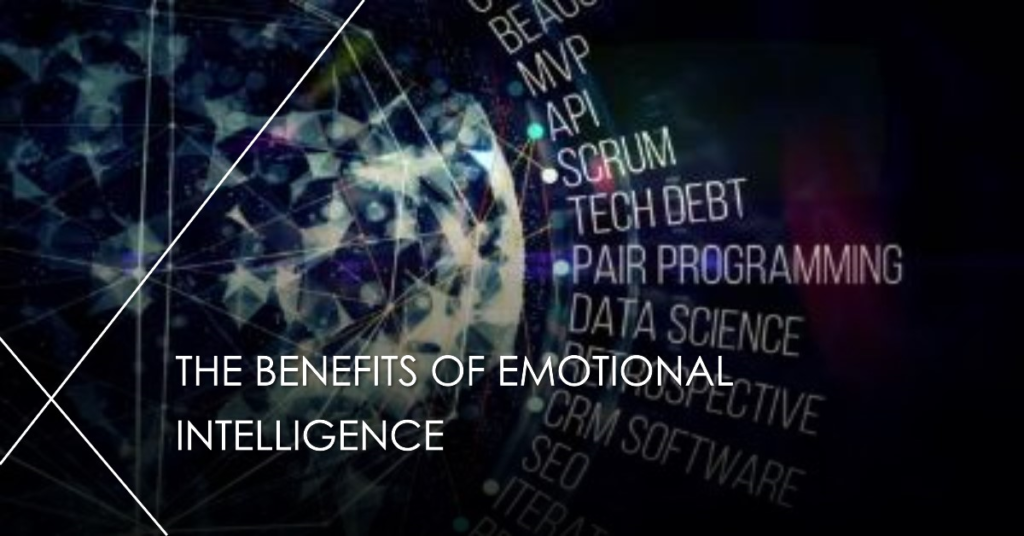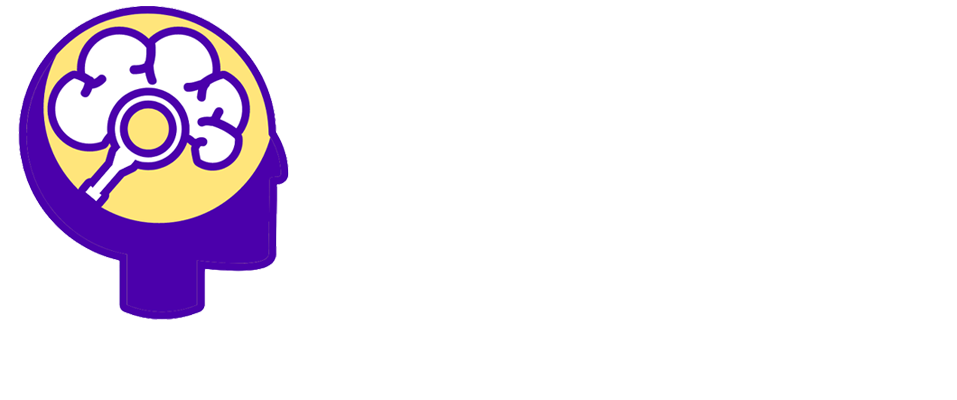Introduction
Have you ever wondered what sets apart individuals who excel in all aspects of life and leadership? It’s not just their IQ or technical expertise; it’s their emotional intelligence (EQ). Emotional intelligence is a powerful yet often overlooked force that shapes our personal and professional success. In this article, we will delve into the essence of emotional intelligence, exploring its key components and highlighting its pivotal role in our lives and careers. We will also discuss the importance of emotional intelligence, how to improve it, and how it can enhance our interactions, decision-making, and overall well-being.
What is Emotional Intelligence?
Emotional intelligence, also known as EQ, refers to the ability to understand, use, and manage our own emotions effectively. It involves recognizing and understanding our emotions, managing them in a healthy way, empathizing with others, and using emotions to navigate through life’s challenges. While IQ measures cognitive abilities, EQ measures our emotional and social skills. It encompasses four main components: self-awareness, self-regulation, empathy, and relationship management.

Self-Awareness: The Foundation of Emotional Intelligence
Self-awareness is the cornerstone of emotional intelligence. It involves recognizing and understanding our own emotions, strengths, weaknesses, and triggers. When we are self-aware, we can navigate life’s complexities with grace, making informed decisions and managing our emotions effectively. By understanding ourselves, we gain insights into how our emotions impact our thoughts, behaviors, and relationships.
Self-Regulation: Managing Our Emotional Responses
Self-regulation is the ability to manage our emotional responses in a healthy and constructive way. It involves controlling impulsive behaviors, adapting to changing circumstances, and maintaining a calm and composed demeanor in challenging situations. When we have a high level of self-regulation, we can handle stress, conflicts, and setbacks with resilience and composure.
Empathy: Understanding Others’ Emotions
Empathy is the ability to understand and share the emotions of others. It goes beyond sympathy and involves putting ourselves in someone else’s shoes, recognizing their feelings, and responding with understanding and compassion. Empathy is crucial for building strong relationships, fostering teamwork, and resolving conflicts effectively. It allows us to connect with others on a deeper level and create a positive and supportive environment.
Relationship Management: Building Strong Connections
Relationship management is the skill of effectively managing our relationships with others. It involves communicating clearly, inspiring and influencing others, resolving conflicts, and working well in teams. When we have strong relationship management skills, we can build and maintain healthy and productive relationships, both in our personal and professional lives. It enables us to collaborate, motivate, and lead others towards shared goals.
The Importance of Emotional Intelligence
Emotional intelligence plays a crucial role in various aspects of our lives, including our performance at work, physical and mental health, and relationships.
Work Performance and Success
Studies have shown that emotional intelligence is a strong predictor of high performance in the workplace. Individuals with high EQ are better equipped to handle stress, solve problems, and navigate through complex situations. They have excellent communication skills, are adaptable, and can work well in teams. Employers value emotional intelligence as much as technical abilities when evaluating job candidates. It is also a key factor in leadership success, as leaders with high EQ can inspire and motivate their teams.
Physical and Mental Health
Emotional intelligence is closely linked to our physical and mental well-being. When we have a high level of emotional intelligence, we are better able to manage stress, which in turn reduces the risk of various health problems such as high blood pressure, heart disease, and mental health issues like anxiety and depression. Emotional intelligence also helps us maintain positive relationships, which contribute to our overall happiness and life satisfaction.
Relationships and Personal Life
Emotional intelligence is vital for building and maintaining healthy relationships. It allows us to understand and empathize with others, communicate effectively, and resolve conflicts in a constructive manner. When we have high EQ, we can form deep connections, foster trust and mutual respect, and create a supportive and harmonious environment in our personal and professional relationships.
How to Improve Emotional Intelligence
Although some individuals may naturally possess a higher level of emotional intelligence, it is a skill that can be developed and improved over time. Here are some strategies to enhance your emotional intelligence:
Practice Self-Reflection and Mindfulness
Start by becoming more self-aware. Take time to reflect on your emotions, thoughts, and behaviors. Pay attention to your triggers, patterns, and how you respond to different situations. Mindfulness meditation can also help you become more present and aware of your emotions.
Develop Empathy
Empathy is a crucial aspect of emotional intelligence. Practice putting yourself in someone else’s shoes and genuinely seeking to understand their emotions and perspective. Active listening and asking open-ended questions can help you develop your empathic skills.
Manage Your Emotions
Learn to regulate your emotions effectively. Take a pause before reacting impulsively. Practice deep breathing or engage in activities that help you calm down and gain clarity. Find healthy outlets for your emotions, such as journaling, exercising, or talking to a trusted friend or therapist.
Improve Communication Skills
Effective communication is vital for building strong relationships. Practice active listening, assertiveness, and clear expression of your thoughts and emotions. Be open to feedback and learn to communicate your needs and boundaries effectively.
Seek Continuous Learning and Development
Emotional intelligence is a lifelong journey. Stay curious and open-minded. Read books, attend workshops, and seek feedback from others to further develop your emotional intelligence skills. Practice self-reflection and learn from your experiences.
Conclusion
Emotional intelligence is a powerful force that influences our personal and professional success. By understanding and developing our emotional intelligence, we can navigate through life’s challenges with grace, build strong and meaningful relationships, and achieve our goals. It is a skill that can be cultivated and enhanced over time, leading to a more fulfilling and successful life. So, let’s embrace emotional intelligence and unlock our true potential for success in life and work.
Remember, at MINDSCAN, we believe in the power of emotional intelligence and its impact on various aspects of our lives. Through our psychometric assessments and counseling services, we help individuals and couples develop their emotional intelligence and find fulfillment in their careers and relationships. Visit our website at www.mindscan.in to learn more about our services and start your journey towards emotional intelligence today.




